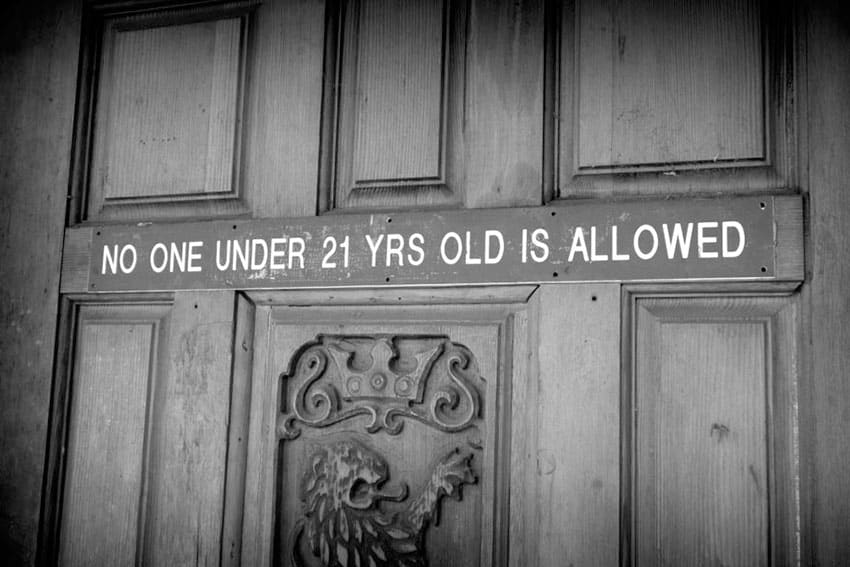Resources
Dram Shop Acts
What Is Dram Shop Liability?
Dram shop liability holds the owner or servers at a bar, restaurant, or other location where a patron consumed their last alcoholic beverage, responsible for harms subsequently inflicted by the patron on others. Dram shop liability gets its name from the English word “dram,” which refers to a unit of measure in which alcoholic beverages are served. Stores that sold alcohol in these measurements were called “dram shops.”
Dram shop acts commonly include not only bars and liquor stores but also convenience and grocery stores with liquor licenses. The acts vary in the liability imposed on a vendor in DWI cases, with some holding vendors strictly liable for an injury to another person or another person’s property and others imposing a duty on a vendor not to knowingly sell or serve visibly intoxicated patrons the vendor knows will soon be driving.
Where Is Dram Shop Liability Enforced?
Forty-two states and the District of Columbia impose dram shop liability on liquor licensees. The rationale for enforcing such liability is that a license to serve alcohol is a privilege bestowed by the government with certain responsibilities attached. In states that enforce dram shop liability, the standard that most courts apply is visible intoxication. In general, the higher a person’s blood alcohol content (BAC), the more intoxicated they will appear. Therefore, the more alcohol a person is served, the more the liquor licensee should watch for signs of intoxication under dram shop laws.
Dram Shop and New York State
New York’s current Dram Shop Act was enacted in 1921. The Act imposes strict liability. Liability under the Dram Shop Act does not flow from the mere service of alcohol to an intoxicated person, but requires an “unlawful sale”’ as defined by New York’s Alcoholic Beverage Control Law. Thus, the key elements for recovery under the Act are (1) unlawful sale; (2) of liquor; (3) to an intoxicated person; (4) which causes injury.
For liability to be imposed under the New York Dram Shop Act, the defendant must have served the DWI offender alcohol that made the offender intoxicated, and that intoxication must have been a proximate cause of the plaintiff’s injuries. In the case of Catania v. 124 In-To-Go, Corp., the court held that for a defendant to be held liable in a New York dram shop case there must be a connection shown between a sale of alcohol to a clearly intoxicated person and a subsequent injury to another person.
In New York dram shop cases, a defendant may be held liable when a DWI offender has, as a result of drinking, impairment of their mental or physical faculties so as to diminish their ability to think and act with ordinary care. Usually, it must be shown that some physical indication of intoxication (e.g. slurred speech, bloodshot eyes, staggering gait, or boisterous behavior) was exhibited for the server to be held liable for illegally providing alcohol to that person. In the case of Romano v. Stanley, the court held that evidence of a DWI offender’s blood alcohol content in addition to evidence about the offender’s observed symptoms of intoxication may be sufficient to establish that the offender was “intoxicated,” in a dram shop case.
Do you have questions about Dram Shop Acts? Contact the DWI Guys today!
DISCLAIMER: The exclusive purpose of this article is educational and it is not intended as either legal advice or a general solution to any specific legal problem. Corporate offices for The DWI GUYS are located at 231 Walton Street, Syracuse, NY 13202; Telephone No.: 1-800-394-8326. Prior results do not guarantee a similar outcome.






